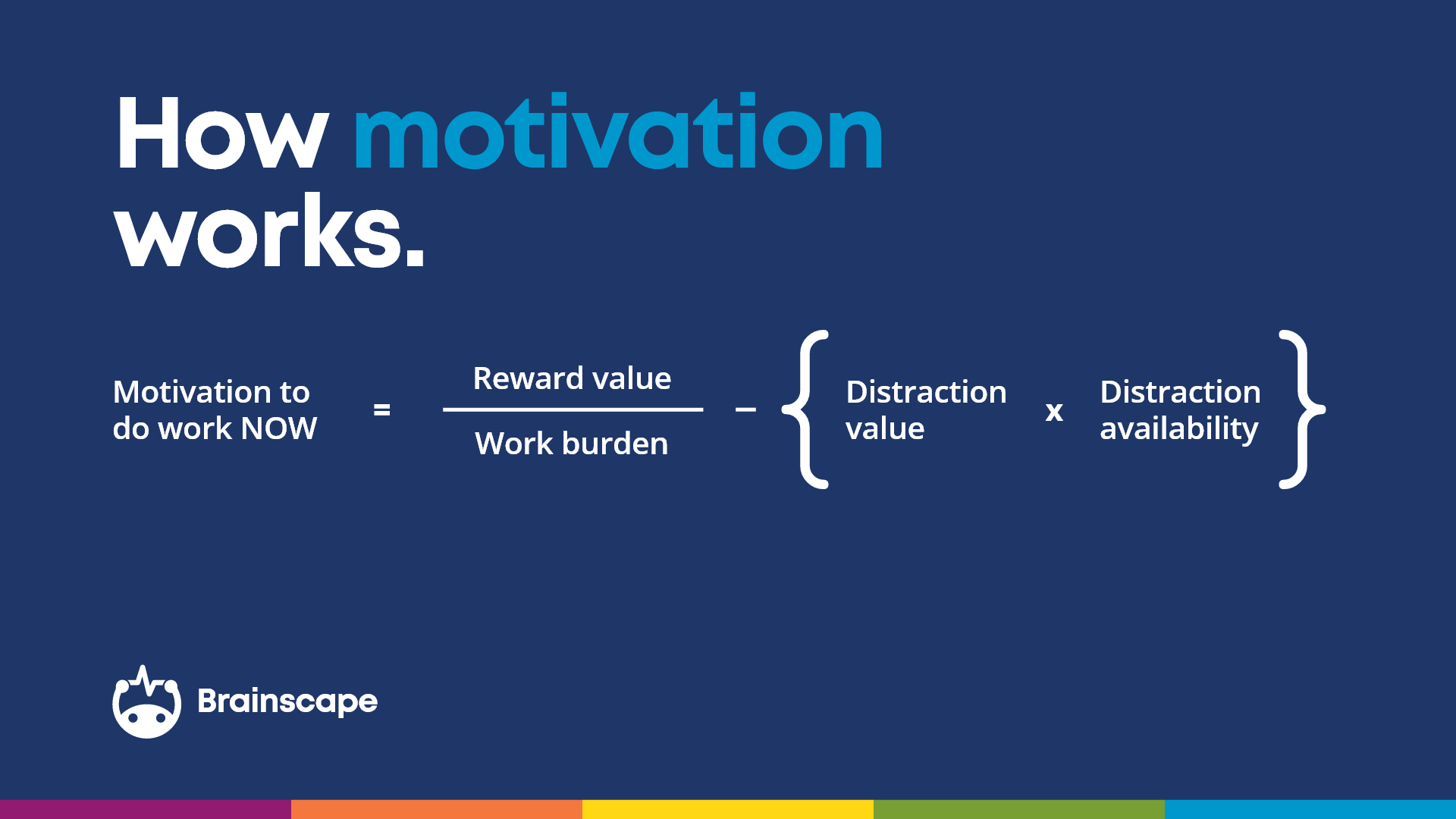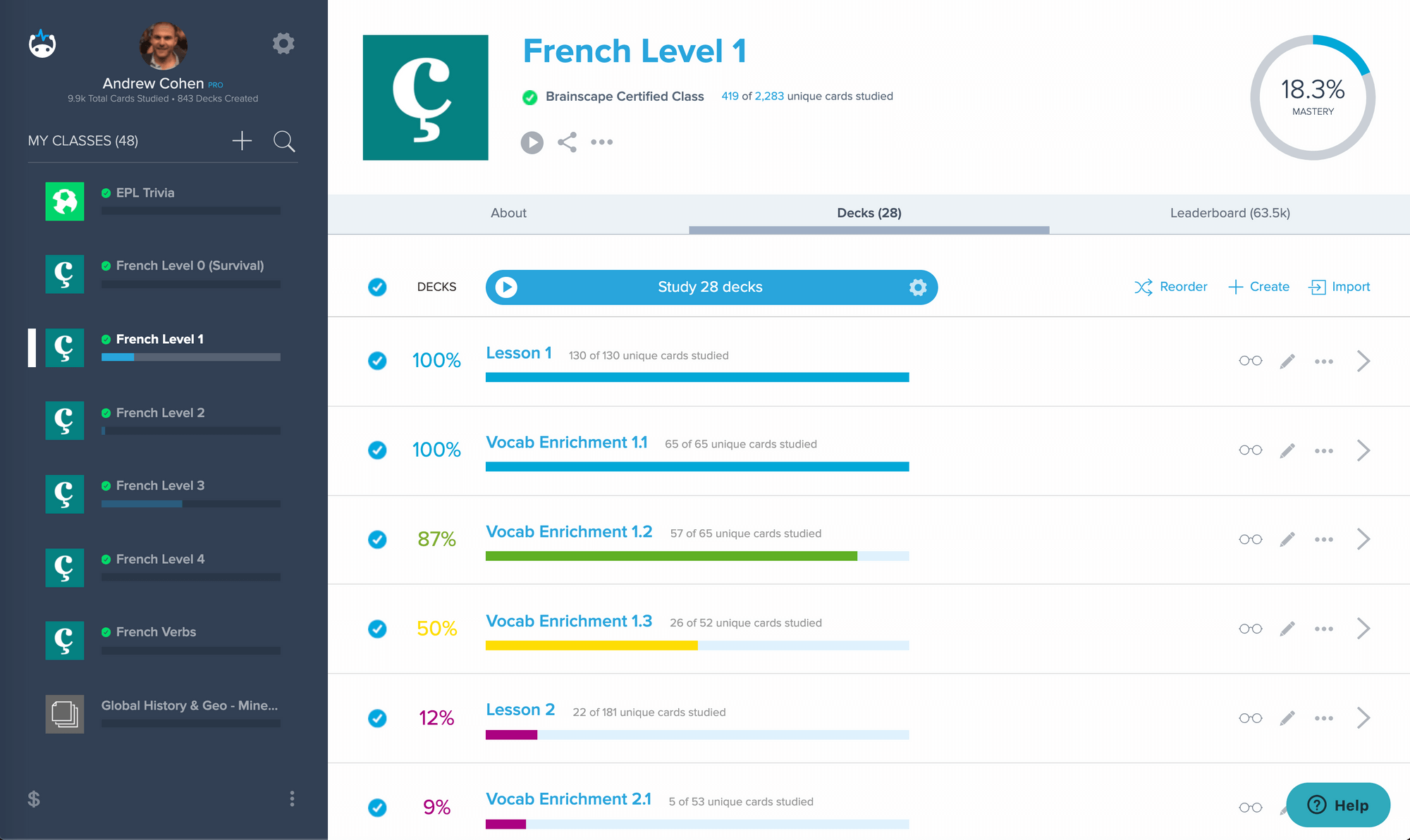Learning a new language as an adult can be a challenge. You need dedication and the right resources, not to mention a lot of practice, in order to do it right. That’s why few people attempt to complicate matters further by learning two languages at once.
Is that even possible? Can you learn two languages at once as an adult? Should you even try?
Having written the world's most comprehensive guide on how to learn a language on your own, we thought we'd explore whether it's possible (or feasible) to attempt to simultaneously become fluent in multiple languages.
Psst! You might also want to check out 'Learning a new language when you're older and how to do it!'
Can I learn two languages at the same time?
In short, yes, it is possible to learn two languages simultaneously. Our brains are frequently required to learn similar topics at the same time. In fact, all educational curriculum count on the fact that you should be able to process and filter information from multiple categories concurrently. Even in other situations, our brains are primed to adjust to new tasks as needed on a regular basis.
So, what's the challenge?
Just because you can learn two things at the same time, doesn’t always mean you should. Learning a new language takes a lot of extra time and energy that must be well-allocated if you plan to actually become fluent in your new language or even just remember your new vocab in the long run.
In addition, your habits in languages tend to stick. If you are sloppily dividing your time between the two languages and letting them overlap, you are likely to never fully develop the skills you need to master your new languages. At best, you will only really develop quality abilities in a single language.
Furthermore, language is not a purely academic undertaking. We of course need to learn the grammar and vocabulary of a new language through traditional learning techniques—memorization, drills, and practice—but we also need connect these words to emotions and memories as well.
When learning a new language, many parts of our brains are activated, requiring much more effort than simply memorizing formulas. In fact, learning a new language trains our entire brain to be more flexible. This makes learning a new language a challenge; two new languages require twice the mental endurance and flexibility.
It's the motivation that matters
Since learning two languages at once is so much more mentally taxing, some language experts suggest avoiding it. The additional stress often leads to dropping the goal of learning either language. If the added stress of the additional language doesn’t offer a high enough reward, you won’t be an effective learner.
That’s why motivation matters—especially when attempting to learn two languages at once. If your only goal in studying two languages at the same time is to become multilingual, you are likely to fail; there is little motivation to spur your forward progress and make the challenges worthwhile.

[See our complete guide on finding the motivation to study.]
On the other hand, a person who is trying to learn Chinese and French in order to get a dream job is much more likely to persevere. Even a passion can be enough. If you simply have always loved the sound of Spanish and passionately dive into the language, motivation is much more likely to overcome the inevitable fatigue.
If you decide to learn two languages at once, it’s important to really examine your motivation to ensure that it comes from a genuine place. If you simply want to know any two languages now, you’ll almost always rush through the basics and burn out.
10 tips for learning two languages at once

Since learning two languages at once poses an extra challenge, it’s important to go about it the right way. These ten tips will help you do just that:
1. Exercise good time management skills
Devoting enough time to each language is a real hurdle that can only be overcome through effective time management. Not only will you need extra time to accommodate studies of both, but you will also need to account for a bigger learning curve than if you were targeting only one language. It’s important to schedule time for each language and plan out exactly what you plan to learn and when. Otherwise, you can quickly feel overwhelmed.
2. Pick two languages that are very different from each other
For many people, this sounds counterintuitive, but picking two dissimilar languages helps you minimize the confusion between them. If you try to learn French and learn Spanish, many words, grammar concepts, and even conjugations are likely to blur, preventing you from mastering either. Learning Chinese and German, on the other hand, have so little in common that mixing the two up should not be a problem.
3. Make sure you pair familiar languages with less familiar languages
It helps your confidence (and your brain) to learn one "easier" language at the same time as a more "difficult" language. If you are a native English speaker, learning Arabic, Japanese, or Mandarin may pose a real challenge. Choosing to learn an "easier" language like Spanish, which has many English cognates, to study at the same time may help ensure that you don’t burn out.
4. Set aside time each day to practice both languages
If you want to truly develop your language skills, you need to be reviewing, repeating, and practicing speaking the languages on a regular basis. Devoting even just a small amount of time to both languages every day ensures that you don’t forget everything you had learned during the interim.
5. Make it fun
No matter how motivated you are, you won’t succeed unless you get some enjoyment out of the learning process. Read books in the target language that you enjoy. Watch movies and listen to music. Travel to a country where the language is spoken and get real use of it. Not every moment is going to be fun, but you need to ensure you feel rewarded and fulfilled.
6. Use high-quality learning resources
Since it is harder to learn two languages than learning a single new one, you need to support your learning with the best language resources available. Choose only those with proven language learning methodologies like Brainscape.
In fact, Brainscape has created a full guide on how to best learn a foreign language online, complete with learning resources for every level: beginner, intermediate, and advanced. Use this guide to create the optimal language learning journey for yourself!
7. Speak as much as possible
As we’ve mentioned before, practicing speaking a language not only helps you communicate better in that language, but it also helps you understand the language as a whole better. With two languages, speaking becomes even more important in order ensure that you are comprehending input from both languages.
8. Set realistic progress goals in each language
You’ll never be able to fully learn two new languages in two weeks, yet many people bold enough to try achieving multilingualism attempt similar timelines. Unfortunately, this can be very disheartening when you fall short.
Give yourself an appropriate amount of time to reach mini-goals depending on your familiarity with the language and the time you have to devote to learning. Sometimes it helps to set a “priority” language that you will tackle more aggressively and a secondary language that you will allow a longer period to develop.
9. Focus on language acquisition quality over quantity
If you develop bad habits early in your target language acquisition, they can be very difficult to shake later. That’s why it’s better to make sure you really understand what you are learning before moving on to a new subject. Just “sort of learning” a bunch of vocab words, for the sake of seeming like you are learning faster, will only hurt you in the long run. Mastery-based learning is in fact one of the more important breakthroughs in the science of learning overall.
10. Be adaptable
Like any major goal, learning two languages doesn’t always go smoothly on your first attempt. Being flexible and adapting your plans to new realities and situations that arise helps to ensure that a small setback doesn’t totally throw you off your ultimate goal.
Learning two languages at once isn't easy—but it's doable
When you follow these tips, you are much more likely to successfully learn two languages simultaneously. Learning two languages at at the same time really stretches your mind. Although it can be difficult, having to frequently switch back and forth between new languages challenges your brain and hones your language learning skills such that learning future languages is faster and easier.
Learning two languages at the same time isn’t for everyone, but if you are truly dedicated and go about it the right way, you will find the benefits far outweigh the costs.
If you decide to take the plunge and learn two new languages together, consider adding some Brainscape foreign language flashcards to your phone to ease the process!

References
Florida Atlantic University. (2018, August 18). Children take longer to learn two languages at once compared to just one -- don’t fret. ScienceDaily. https://www.sciencedaily.com/releases/2018/08/180823092018.htm
Foreign Service Institute. (2024, February 15). Foreign Language Training. United States Department of State. https://www.state.gov/foreign-language-training/
Gore, S. (2022, March 30). Creating SMART Language Learning Goals - Sara Gore - Medium. Medium. https://medium.com/@saradgore/creating-smart-language-learning-goals-330660a3211f
Huang, T., Steinkrauss, R., & Verspoor, M. (2020). Learning an L2 and L3 at the same time: help or hinder? International Journal of Multilingualism, 19(4), 566–582. https://doi.org/10.1080/14790718.2020.1779726
Legault, J., Grant, A., Fang, S., & Li, P. (2019). A longitudinal investigation of structural brain changes during second language learning. Brain and Language, 197, 104661. https://doi.org/10.1016/j.bandl.2019.104661
Lekova, B. (2010). Language interference and methods of its overcoming in foreign language teaching. Trakia Journal of Sciences, 8(3). http://tru.uni-sz.bg/tsj/Vol8.Suppl.3.2010/B.Lekova.pdf
Schaef, S. (2024). How does Mastery-Based Learning work? Connecticut’s Official State Website. https://portal.ct.gov/sde/mastery-based-learning/how-does-mastery-based-learning-work#:~:text=With%20mastery%2Dbased%20learning%2C%20all,they%20were%20expected%20to%20learn.
Seven, M. A. (2020). Motivation in language learning and teaching. African Educational Research Journal, 8(2), 62–71. https://files.eric.ed.gov/fulltext/EJ1274645.pdf
